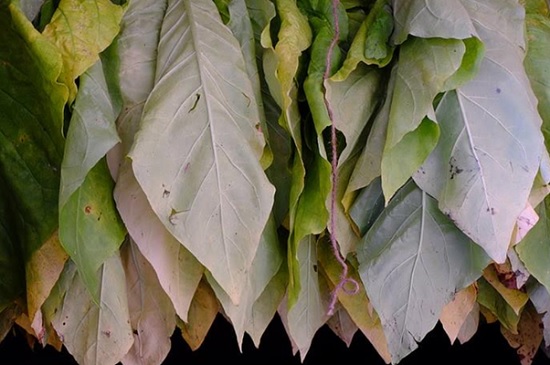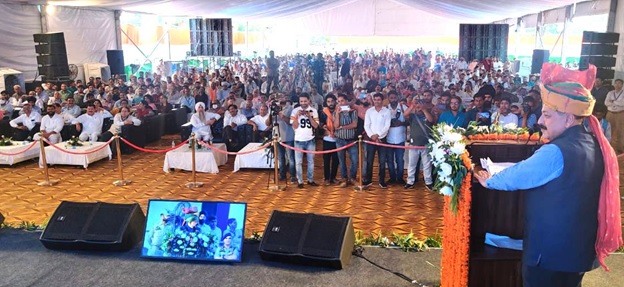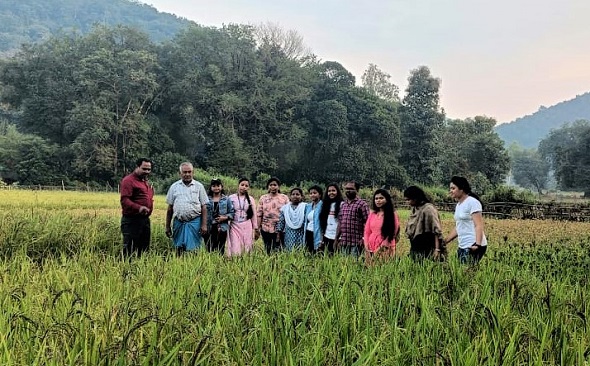
Koraput Valley, one of the tribal-dominated regions of Odisha in the Eastern Ghats of India, is known as the origin of Asian rice and a global agricultural heritage site announced by the United Nations’ Food and Agriculture Organization (FAO). In a recent study, researchers have identified stress-tolerant native rice varieties in the Koraput Valley, that exhibit higher resilience to various stressors such as drought, salt, and flooding.
Six native rice landraces - Basubhoga, Dudhamani, Kalajeera, Laktimachi, Kuyerkuling, and Tulasi have been found tolerant to drought and flooding stress; whereas, Sapuri and Muktabali are discovered to be more accepting to salinity. Three native rice landraces, including Kalajeera, Machhakanta and Haldichudi exhibited higher resilience to various stresses like drought, salinity and flooding stress.
These rice resources are the main crops grown by the Koraput tribes. These native rice landraces have the potential to contribute significantly to global food and nutritional security in the face of a changing climate. “Their DNA banding and molecular genetics characterization confirmed the presence of one or more tolerant gene to drought, salinity and flooding,” researchers told India Science Wire.
This study has been jointly conducted by researchers from Central University of Odisha, Koraput; The Energy and Resources Institute (TERI), Gurugram, Haryana; Gujarat Biotechnology University, Gandhinagar; and Solutions for Research Laboratories, Cheeka, Kaithal, Haryana. The climate-resilient traits of traditional rice were reported based on the synthesis of experiments carried out at the laboratory of the Central University of Odisha, Koraput.
The Koraput district is chiefly inhabited by the primitive tribes, including Paroja, Bhumia, Gadaba, Bhatra, Durua and Kandha, etc. The tribal farmers of Koraput Valley in Odisha have cultivated many traditional rice varieties from time immemorial, and this place is said to be the origin of Asian rice. The valley, with its wide range of altitudes and peculiar rain-fed agro-climatic conditions, immensely supports the cultivation of numerous rice landraces.
Koraput Valley, one of the tribal-dominated regions of Odisha in the Eastern Ghats of India, is known as the origin of Asian rice and a global agricultural heritage site announced by the United Nations’ Food and Agriculture Organization (FAO). In a recent study, researchers have identified stress-tolerant native rice varieties in the Koraput Valley, that exhibit higher resilience to various stressors such as drought, salt, and flooding.
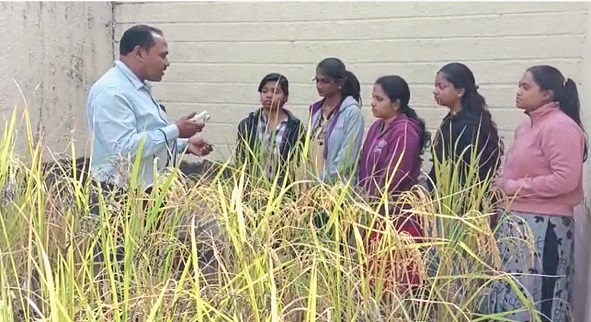
Dr Debabrata Panda, Assistant Professor, Department of Biodiversity and Conservation of Natural Resources, Central University of Odisha, Koraput, has been studying the collection, evaluation, and conservation of indigenous rice varieties in the Koraput valley for the last 10 years. He has collected over 130 rice varieties from tribal pockets of Koraput and studied its climate-resilient traits, nutritional traits, and DNA profiling.
“Global climate change accelerates the increased incidence of abiotic stress factors like drought, flood and salinity in rain-fed land, constituting 80% of global agriculture. Rain-fed conditions are quite complex, where multiple stresses frequently prevail and even follow in quick succession within a single cropping period. These identified landraces could be beneficial for rain-fed regions affected by multiple stresses”, said Dr Panda.
Popularisation of these valuable resources is expected to lead to a path of sustainable agriculture and food security for marginal farmers during emerging challenges of climate change. “Due to modern agricultural practices and green revolution, these vital genetic resources are being gradually depleted. It is time we took the necessary steps to conserve and popularise these valuable genetic resources of rice in their natural habitat,” underlined Dr Panda.
Apart from Dr Debabrata Panda, the study team comprised Prafulla K. Behera from the Central University of Odisha, Vajinder Kumar from Solutions for Research Laboratories, Shyam S. Sharma from TERI, and Sangram K. Lenka from Gujarat Biotechnology University.
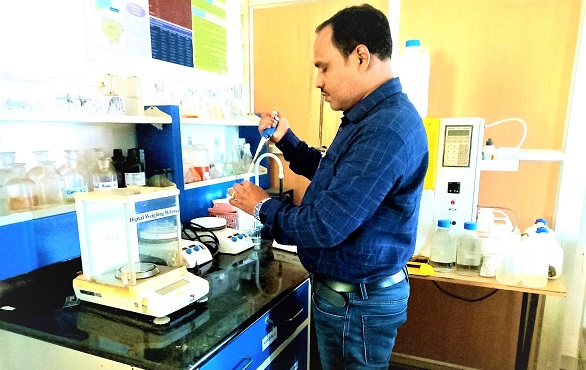
This study has been recently published in the journal - Current Plant Biology.
India Science Wire
ISW/USM/CUO/Stress-Tolerant-Rice/ENG/07/03/2023


